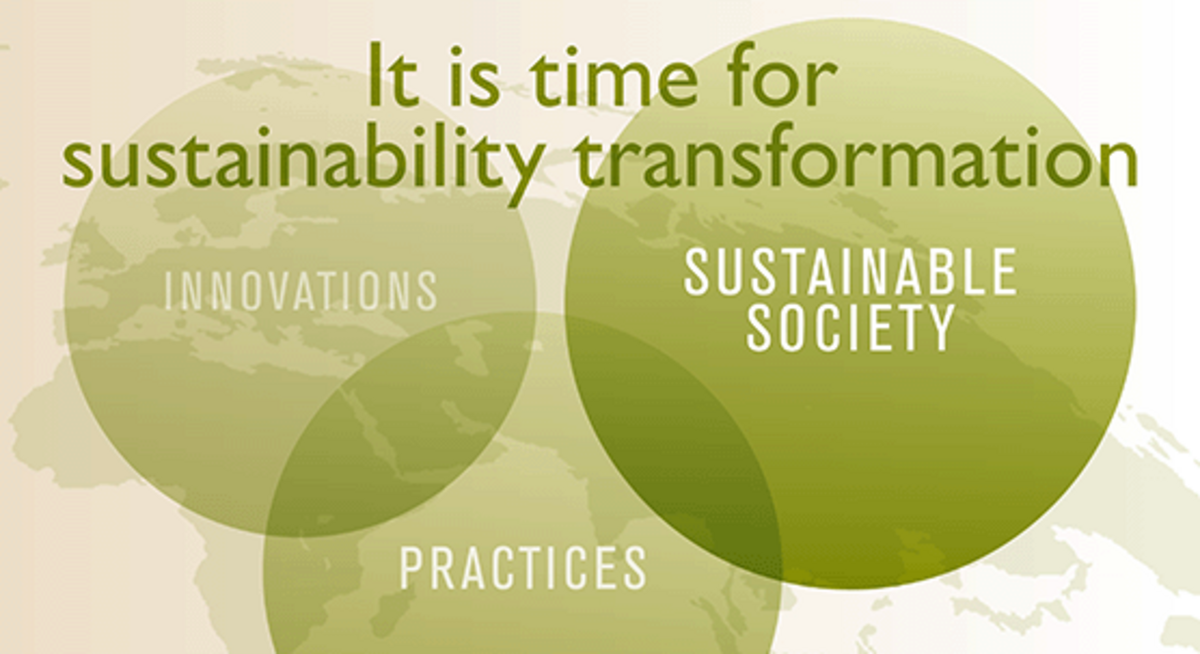Traditionally environmental policy has targeted specific problems with tailored instruments, for example with emission caps or species protection. Although these single instruments have improved the state of the environment, or at least slowed its degradation, they have not achieved large enough changes in societal systems.
Climate change, biodiversity loss, water stress and environmental chemicalization continue, but their connections to the institutions shaping production and consumption are not recognized adequately.
Innovations and experiments trigger sustainability transformations
New innovations and diverse experiments trigger sustainability transformations. Innovations multiply and scale up, as technology, rules, practices and professions evolve. Sustainability transformations advance in systems, and the entire society changes.
”Electrification of transport is an illustrative example. When electric cars, bikes and scooters become common, battery technology and charging infrastructure develop and ease mobility. This evolution scales up distributed energy systems, and the energy stored in the car battery can serve also other purposes”, describes SYKE’s Research Director Eeva Primmer.
According to her, sustainability transformation is not linear, rather signals go in many directions as systems are reconfigured. ”Also governance must be adaptable in this change, however always advancing sustainability with strong directionality and ambitious goals.”
”Research plays a key role in understanding and supporting the change”, highlights Primmer.
Research for example produces and supports technological, social and governance innovations. Research provides foresight and identifies barriers for change. Research helps understanding society level impact pathways and anticipate changes.
The administration, companies and researchers from all areas need to join the efforts
Systems are complex, and inter-connected through economy, technology, energy and material cycles. Societal systems ultimately depend on ecosystems, the natural systems. The complex interconnections challenge sustainability governance. Single disciplines or administrative silos are not well equipped to deal with sustainability challenges, or even change practices at a required pace.
”Sustainability transformation calls for changes in our ways of thinking, acting and developing policies. It requires ecologically, socially and economically bold changes, that partially disrupt societal systems. Sustainability transformation will eventually benefit all”, says SYKE’s Director General Leif Schulman.
”The vision of the Finnish Environment Institute is sustainability transformation. All citizens need to join these efforts, although they key role is played by public and private sector decision-makers. We should all question our old routines. For example, plant-based diets, human-powered mobility, renting clothes and sharing goods both advance sustainability and increase our wellbeing, and end up costing less than our old practices. It is important that the change is carried out in a fair manner.”
More information
Research Director Eeva Primmer, Finnish Environment Institute SYKE
firstname.surname@syke.fi, tel. +358 295 251 521
Director General Leif Schulman, Finnish Environment Institute SYKE
firstname.surname@syke.fi, tel. +358 295 252 300
SYKE Policy Brief (9.12.2021): It is time for sustainability transformation (Issuu) (pdf)
